The story of Joseph and the third rider
When two full years had passed, Pharaoh had a dream:
He was standing by the Nile, when out of the river there came up seven cows, sleek and fat, and they grazed among the reeds.
After them, seven other cows, ugly and gaunt, came up out of the Nile and stood beside those on the riverbank.
And the cows that were ugly and gaunt ate up the seven sleek, fat cows.
Then Pharaoh woke up.
Another arrival from an unending harvest.
After the seventh consecutive year, the grain was stacked so high it was beyond measure, and beyond record. Taking a fifth from each harvest and storing it in cities, Joseph had demonstrated the Pharaoh’s judgment as head of the royal court.
He fell asleep again and had a second dream:
Seven heads of grain, healthy and good, were growing on a single stalk.
After them, seven other heads of grain sprouted—thin and scorched by the east wind.
The thin heads of grain swallowed up the seven healthy, full heads.
Then Pharaoh woke up; it had been a dream.
Joseph was in charge of the whole land of Egypt.
But it was seven years prior, where Pharaoh suffered those dreams, which no one in the court could seem to read. Then came the chief cupbearer, who respectfully remarked that he met a young servant who had exactly interpreted his own dream.
Pharaoh sent for the servant, Joseph, who was quickly brought from the dungeon.
“Can you interpret my dream,” asked the Pharaoh.
Joseph explained that God had shown Pharaoh the future, one of seven years of abundance followed by a ravaging seven years of famine. The abundance would be forgotten, because the famine is so severe, and the dream was given twice since its future was so clear. To weather the famine, Joseph told the Pharaoh to put a discerning and wise man in charge of the land.
Then Pharaoh said to Joseph,
“Since God has made all this known to you, there is no one so discerning and wise as you.
You shall be in charge of my palace, and all my people are to submit to your orders.
Only with respect to the throne will I be greater than you.”
Beyond that seventh year, famine had spread throughout the land.
The Egyptians cried out, but Pharaoh sent them to Joseph instead. When dark times arrived, Joseph opened those unfathomable storehouses, and sold grain to the famished from across all different lands. He continued his sale of stored grain, until the people exhausted their money and still begged for more.
Joseph then offered grain in exchange for livestock through barter and trade, because the people’s money had wasted away. In the next year the people returned, but all they could offer were their bodies and land. On behalf of the Pharaoh, Joseph bought all the land and the people of Egypt were reduced to servitude to the state.
Joseph’s family was given great care, and thrived through his talent and wisdom.
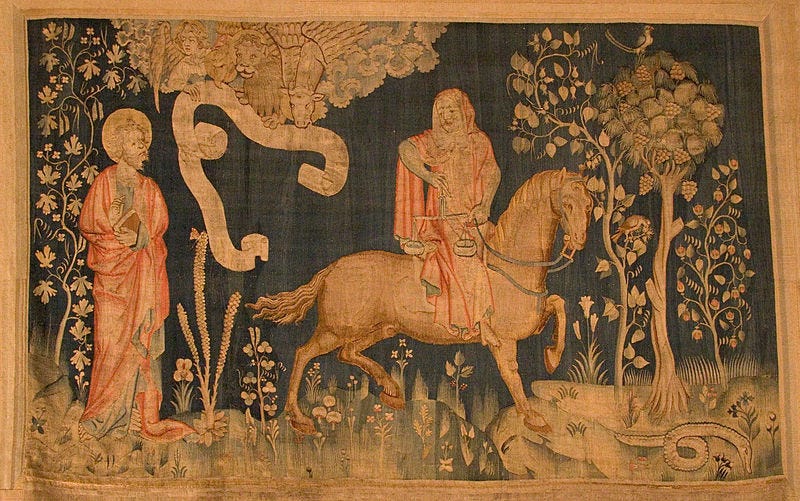
In charge of Egypt’s administrative state, Joseph possessed great perception and strategic planning skills, but also practical knowledge. He needed extensive familiarity with managed agriculture, field conditions and transportation. Ultimately, he was a strong leader within a monarchical political state in both times of plenty and need, and was gifted with exceptional wisdom and skill.
Joseph symbolizes discernment, competency and practical talent.
Modern men, women, and whatever, have no interest in action, especially talent, because the mundane is just that, and best left to experts and the enlightened professional class. Society is run by a moral and competent elite, because any other fiction is unpalatable and too devastating to choke down. A fiction like “there is no Joseph,” no competent moral authority prepared to do battle with the third rider, charging steadily on his black steed, is just a scary story.
But listen.
The third rider is on steed, and there’s no need to interpret an old Pharaoh’s dream.
How much does fertilizer increase crop yields?
Aggregating all of the global data, a good rule of thumb is that up to 200kg of nitrogen can be applied per acre, increasing corn crop yields from 60 bushels per acre (with no fertilizer) to 160 bushels per acre (at 200 kg/acre).
— Crop production: how much does nitrogen fertilizer increase yields?
About a 160%+ increase in productive yield…1
Experts, clutching their enlightened flame, announce to the people when to cower.
Climate change could cause food shortages! Its prevention? Reduce fertilizers!2
Less fertilizer produces less food, and when supply shrinks market prices increase. A dark forecast for those suffering from a money shortage. Add that to perpetual rising costs, debanking, rationing, coercion, and what presents is a rather scary story.
"What we found was even shocking for us. It's bad everywhere," said Lori Nikkel, CEO of Second Harvest.
Nikkel says it isn't just the unemployed who are showing up at food banks to make ends meet. With food costs increasing due to inflation over the last few months, she says "a lot of people that are accessing food supports have jobs."
Experts say food scarcity is likely an even bigger problem than estimated because many in need are not showing up to use these services.
Every rider, including the third, has one job: to send their victims to the seventh star; the black sun Saturn, who has hungry jaws and a celestial appetite.
A haunting tale of death and servitude to the state.
After Ukraine succumbed to the Red Army, Stalin ordered the collectivization of agriculture, but small scale farmers resisted. The state confiscated their property, branded prosperous farmers Kulaks, and were declared enemies of the state.
Special teams were sent to search homes and confiscate even seed.
Death by hunger, which translates to Holodomor in Ukrainian, was the fate of millions between 1932 and 1933. The Holodomor was a cumulative assault by the communist state on the Ukrainian peasantry resisting Soviet policy. Involving a campaign of intimidation, Ukrainian intellectuals, artists and religious leaders were seen as threats to Soviet ideology and arrested en masse.
Millions starved as the USSR sold Ukrainian crops abroad.3
The famine in Ukraine subsided in summer 1933 as that year’s harvest was gathered.
By that time, resistance in the countryside had been broken.
Demographers estimate that close to four million residents of Ukraine, mostly Ukrainian peasants, perished as a direct result of starvation.
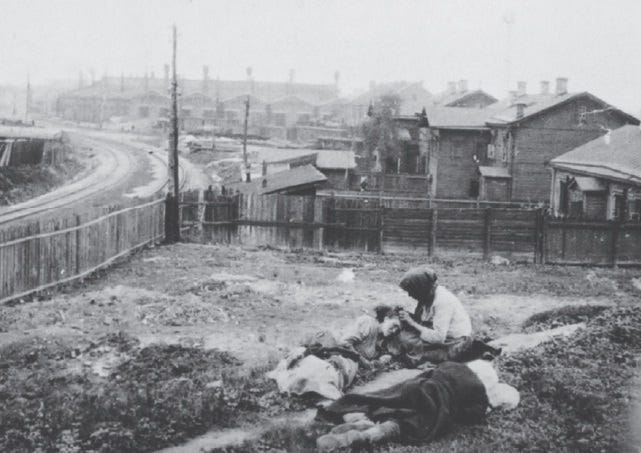
But never cling to fear, because not every scary story has a grisly end.
The story of Joseph symbolizes the application of talent that could bring an entire nation through crisis. Our nightmare is far too real, because there’s no Joseph running our state and we must search for him within, before it’s too late.
Care for yourself, your family, and if possible, your community. Surround yourself by like-minded neighbours married to the same thought. The riders have come for Babylon and I have no interest in looking back, despite my tastes for salt.
Steady your hands and embrace the mundane.
Sustenance begins with a tiny precious seed; it starts with an idea, a thought and a read. Face fear with courage and strength, and confront that seventh blackened star. Buy extra of what you use. Consider pasta, cans and dehydrated goods. Learn to cook from scratch, meal plan and record how much you genuinely need. Supplement your shrinking buggie with garden veggies, hell, even try some weeds.
Then it’ll hit you.
There’s a difference between want and material need, and the later is more laborious than initially perceived. Realize you are in Babylon and ignoring thunderous equestrian feet. Reach deep for that courage, because it’s time to let your God given gifts out to shine.
The Theology of Work Project offers lessons from Joseph’s story.4
Lessons from Joseph’s Management (Genesis 41:46-57; 47:13-26)
Do not look away from the affairs of the state.
Pray for discernment and let wisdom guide your plans.
Commit yourself to the truth and allow its grace to guide you.
Gratefully acknowledge your gifts.
Do not broadcast yourself for self-serving respect.
Educate yourself and execute your tasks through excellence.
Find the practical good for others, knowing you’re where you’re needed the most.
Your prominence is an illusion, because life is not what you gain for yourself.
Value the honourable work that brings about other people’s needs.
Extend your generosity as far as you can reach.
Embrace the challenges and conditions of your work.
Have courage that you are fit for the task.
Understand that sometimes we must accept the better of two unpleasant paths.
And believe that your work reaches into the unseen, and touches generations to come.
We shouldn’t idealize Joseph, because he was an official in a power structure that imposed slavery on countless people. However, we should remember his virtues and discover the courage needed to face the third rider; servant of the ancient sun.
What would you choose?
Death.
Servitude to the state.
Survival through competence.
Cronos is perched on his clock and he ticks down the hour.
Government of Canada (Mar. 04, 2022). Agriculture and Agri-Food Canada: Government seeks guidance on path towards reducing emissions associated with fertilizer. https://www.canada.ca/en/agriculture-agri-food/news/2022/03/government-seeks-guidance-on-path-towards-reducing-emissions-associated-with-fertilizer.html
Thunder Said Energy (Sep. 14, 2022). Crop production: how much does nitrogen fertilizer increase yields? https://thundersaidenergy.com/downloads/crop-production-how-much-does-nitrogen-fertilizer-increase-yields/
Holodomor Basic Facts. HREC. https://holodomor.ca/resource/holodomor-basic-facts/
Theology of Work. (Jul. 11, 2013). Joseph’s successful management of the food crisis (genesis 41:46-57; 47:13-26). https://www.theologyofwork.org/old-testament/genesis-12-50-and-work/joseph-genesis-372-5026/josephs-successful-management-of-the-food-crisis-genesis-4146-57-4713-26/


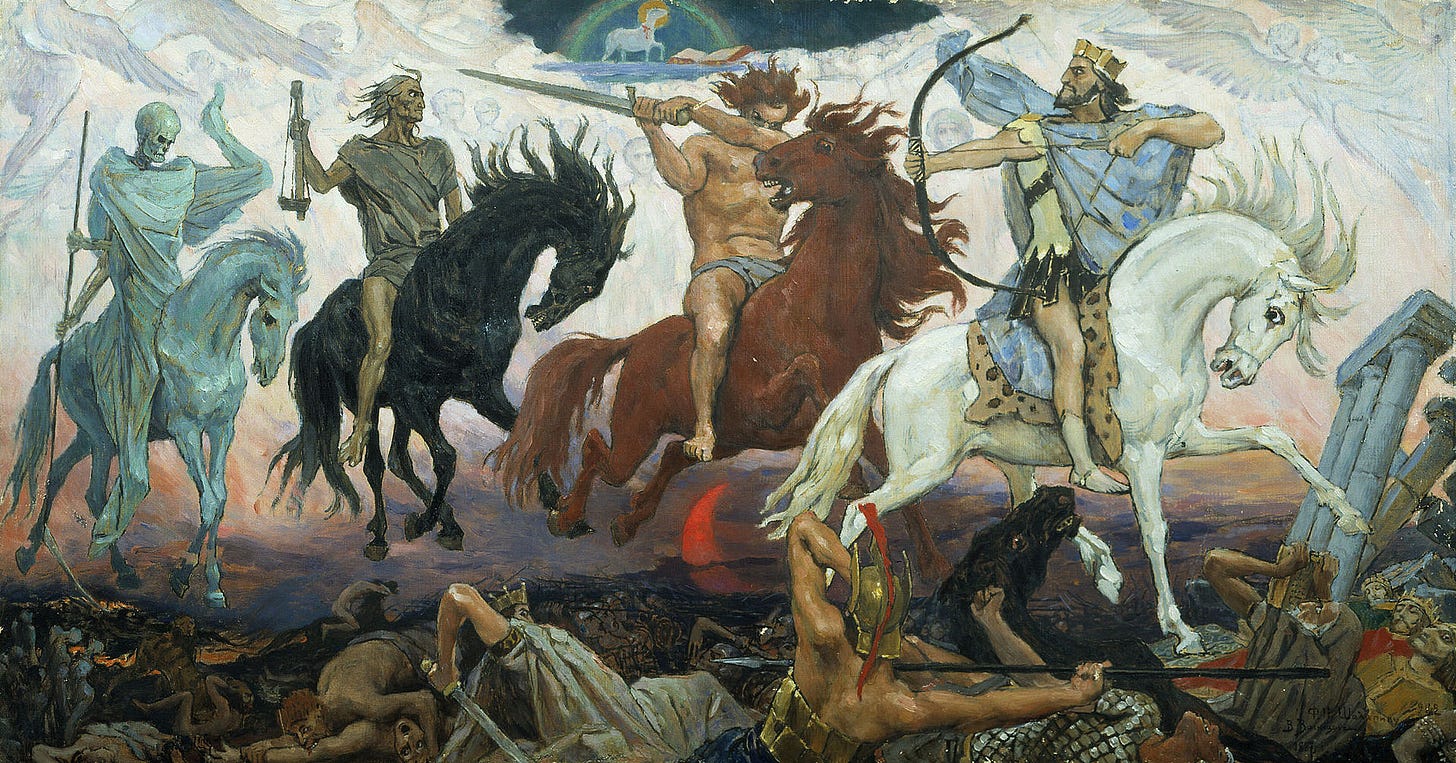


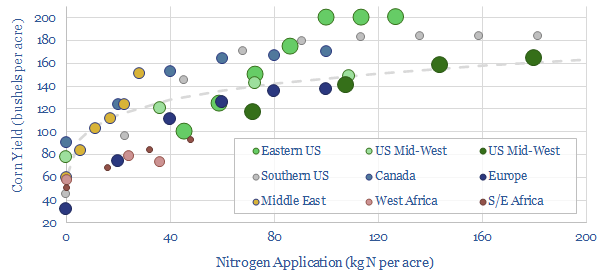
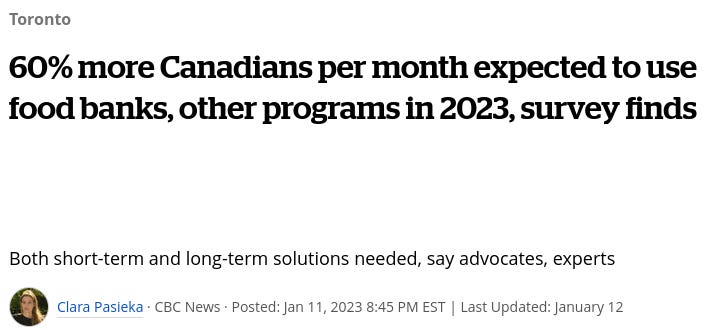
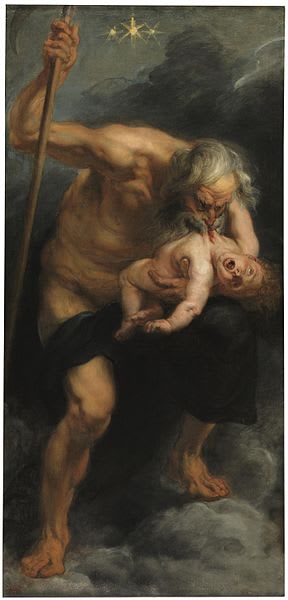

Nice post. I rather enjoyed Andrew Lloyd Weber's "Joseph and the Amazing Technicolor Dreamcoat", if you get a chance to see it. Donny Ozmond was great as Joseph.
Re: the Holodomor, globohomo tried very hard to cover it up, dispatching their lackey Walter Duranty to run cover for the MSM and claim there wasn't one. The only reason we really know about it is because of the heroism of freelance journalist Gareth Jones, who traveled to the region and covered it despite Duranty's repeated denials (and Duranty was richly rewarded by globohomo for his work, including endless accolades and preferment). Jones, meanwhile, was assassinated by the KGB at the age of 30 on the orders of Maxim Litvinov, who was Stalin's boss (including during WW2) and who reported directly to the Rothschild central bank owners. I've tried to read "Gareth Jones: Eyewitness to the Holodomor" by Ray Gamache to do a post about Jones, who is a hero, but it's a poorly written book and hard to get through. Maybe I'll slog through it one day...
This is a masterpiece. Well done.